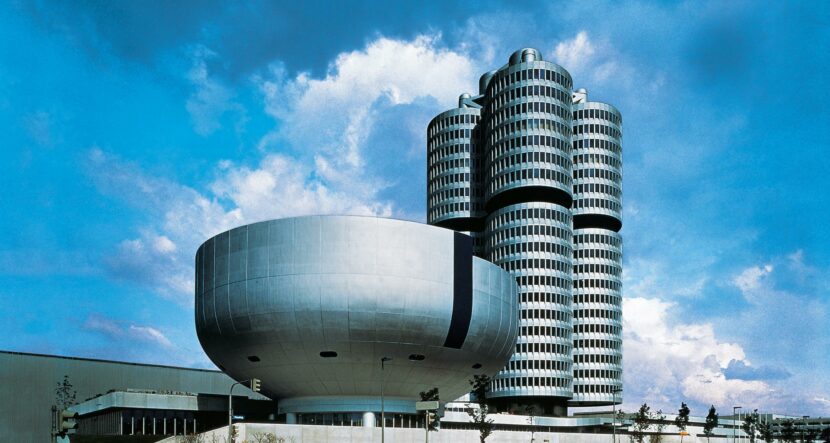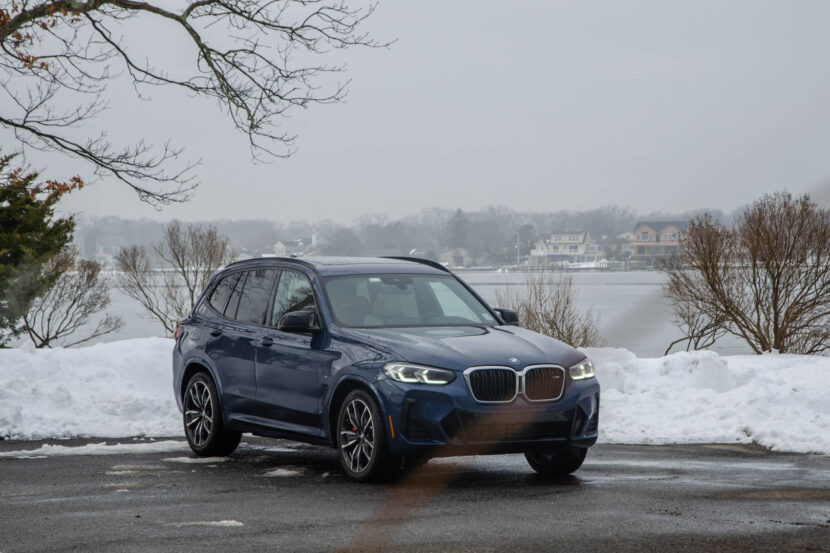The Coronavirus outbreak and the lockdown that soon followed affected all industries and people from around the world. However, it seems like no other industry was hit as hard as the automotive one. BMW just released its financial results for the second quarter reporting a loss of €212 million.
As expected, the negative impact of the corona pandemic was felt more sharply in the period from April to June. During the first half of the current financial year, the BMW Group delivered 962,575 (-23.0%) BMW, MINI and Rolls-Royce premium brand vehicles to customers worldwide. That’s one of the biggest drops ever recorded by the BMW brand. It also comes after a record year in 2019, making it look a lot worse than it really is.
As for the second quarter alone, a total of 485,464 cars were delivered to customers, a decrease of 25.3 percent. That led to a drop of 22.3 percent in group revenues, from €25,715 million during the same period, last year, to €19,973 million this year. The Chinese market was the one that showed great potential in May and June, making a swift comeback. Over the three months of Q2 China posted only a 6 percent drop compared to 2019.
There are some good news too. While overall, the sales figures dropped, the ratio of electrified cars in the grand total is going up. The number of electrified BMW and MINI vehicles delivered to customers rose to 61,652 units (+3.4%) in the six-month period. The ongoing expansion of the model range is expected to result in further growth in this area in the second half of the year.
Despite these harrowing results, BMW still managed to post a profit so far. Over the first half of the year, BMW posted a profit of €498 million before tax, offering a not so grim outlook for 2020.
“We are now looking ahead to the second six-month period with cautious optimism and continue to target an EBIT margin between 0 and 3% for the Automotive segment in 2020. We are monitoring the situation very closely and managing production capacities in line with market developments and regional fluctuations in customer demand,” said BMW CEO Oliver Zipse.






































































